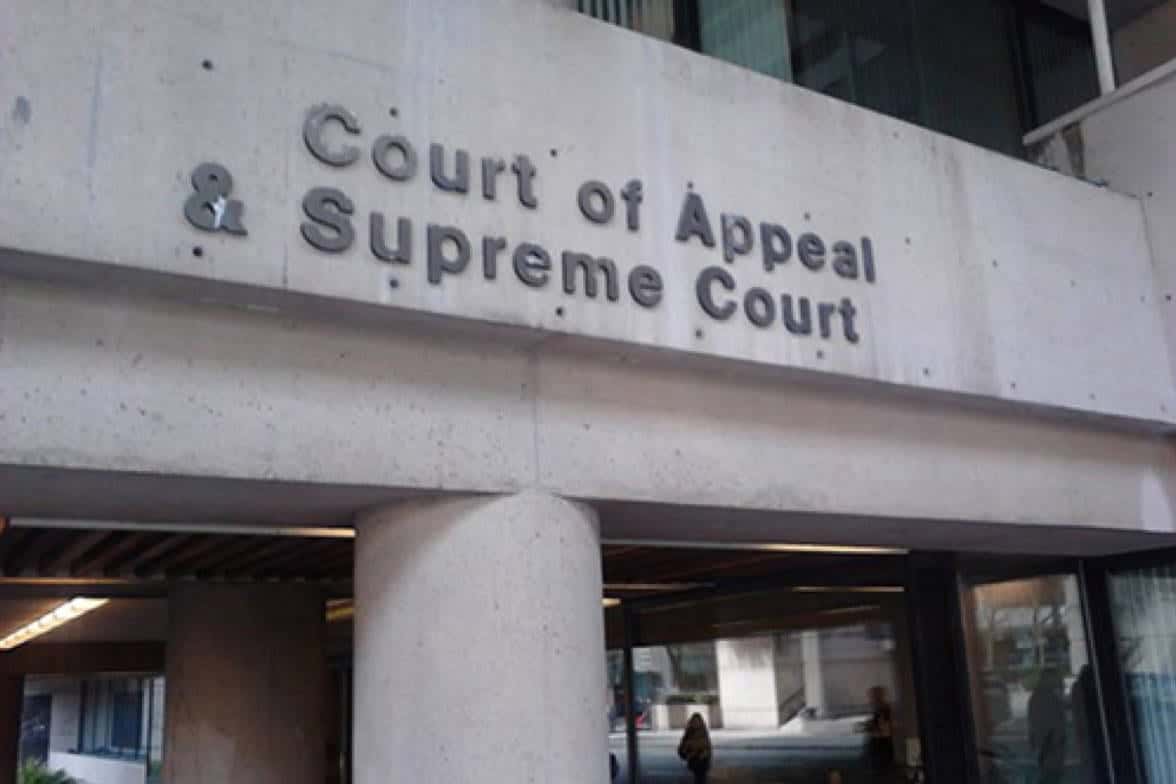In a newly published decision from the British Columbia Supreme Court, Anthony Robinson of Filkow Law successfully defended his client on a charge of second-degree murder on account of a mental disorder rendering him incapable of knowing that the act was morally wrong. This defence is sometimes known as the “insanity defence”. It is provided for in section 16(1) of the Criminal Code:
No person is criminally responsible for an act committed or an omission made while suffering from a mental disorder that rendered the person incapable of appreciating the nature and quality of the act or omission or of knowing that it was wrong.
This defence can be divided into three parts: (1) Did the accused suffer from a mental disorder? (2) Did that mental disorder render the person incapable of appreciating the nature and quality of the act? (3) Did that mental disorder render that person incapable of knowing that the act was wrong?
What is a Mental Disorder?
A mental disorder is defined in section 2 of the Criminal Code as a “disease of the mind”. In R v Cooper, a 1979 decision of the Supreme Court of Canada, the majority of the court held that a “disease of the mind” means “any illness, disorder or abnormal condition which impairs the human mind and its functioning”. This definition excludes self-induced states, such as those caused by voluntarily consuming alcohol or drugs.
In this case, the judge agreed that the accused suffered from a mental disorder on the basis of two expert opinions that confirmed that the accused was schizophrenic.
Did that Mental Disorder Render the Accused Incapable of Appreciating the Nature and Quality of the Act?
In some cases, the accused may be so delusional that they are unaware of appreciating their actions. For example, some cases may involve a belief that the accused is fighting aliens or protecting people they are in fact harming.
In this case, the accused made statements to the police stating he wanted to turn himself in and that his intention was to kill the accused. The judge found that the accused was capable of appreciating the nature and quality of his act.
Did that Mental Disorder Render the Accused Incapable of Knowing the Act was Wrong?
In R v Chaulk, a 1990 decision of the Supreme Court of Canada, the majority of the court held that “wrong” means “morally wrong”, as opposed to “legally wrong”. In R v Oommen, a 1994 decision of the Supreme Court of Canada, the court clarified that “the crux of the inquiry is whether the accused lacks the capacity to rationally decide whether the act is right or wrong and hence to make a rational choice about whether to do it or not.”
In this case, the judge held that due to the accused’s schizophrenia and delusional beliefs that he had been poisoned by the victim, he did not have the capacity to make a rational choice about the rightness or wrongness of his act.
Conclusion
Ultimately, Mr. Robinson’s client was found not criminally responsible by reason of a mental disorder that made him unable to know the wrongness of his act.
Contact Anthony Robinson & Filkow Law
In any case, from murder to assault to drug trafficking, it is important to have experienced counsel who are knowledgeable and familiar with the most current law. Anthony Robinson and the Filkow Law team have over 50 years of collective experience and is a well-respected criminal law firm. If you are being investigated or have been charged with any type of criminal offence in Vancouver, Richmond, Surrey, Kelowna, or Abbotsford, contact our office for assistance.

